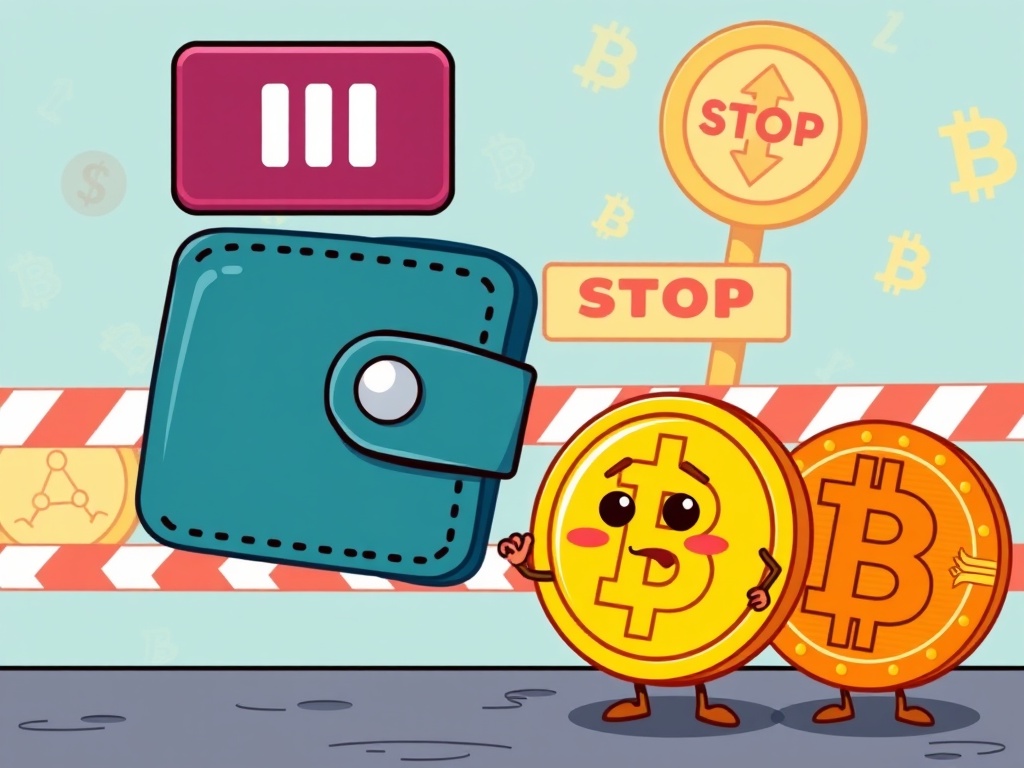In a surprising move, Upbit, one of South Korea's leading cryptocurrency exchanges, has announced a temporary suspension of deposits and withdrawals for select digital assets.
This decision, reported by BitcoinWorld, has sent ripples through the crypto community, raising concerns among traders and investors who rely on the platform for seamless transactions.
Why Upbit Halted Transactions
The halt is reportedly linked to network upgrades or technical issues with specific cryptocurrencies, though Upbit has not disclosed the full list of affected assets in the initial announcement.
Historically, such suspensions on Upbit have been tied to blockchain upgrades, security audits, or delays in block generation, as seen in recent cases with assets like STRK and ZEN.
Immediate Impact on Traders
The immediate impact is clear: traders are unable to move funds in or out of the platform for the affected cryptocurrencies, potentially disrupting trading strategies and liquidity.
This development comes at a time when South Korea's crypto market is under intense scrutiny, with regulators tightening rules on exchanges like Upbit and Bithumb to curb issues like market manipulation and KYC breaches.
A History of Challenges for Upbit
Upbit has faced similar challenges in the past, including temporary halts that have frustrated users, alongside a reported 75% crash in trading volume earlier in 2024 as noted in posts on X.
The exchange's dominance in South Korea, handling a significant share of the country's crypto transactions, means that any disruption can have a broader market impact.
What Lies Ahead for Upbit Users
Looking to the future, Upbit users are hopeful for a swift resolution, but there’s uncertainty about how long the suspension will last or whether more assets will be affected.
Experts suggest that such halts, while inconvenient, often lead to improved security and network stability in the long run, potentially benefiting users.
Meanwhile, traders are advised to stay updated via Upbit’s official channels and explore alternative exchanges if urgent transactions are needed.
As South Korea continues to shape its crypto regulations, incidents like this highlight the delicate balance between innovation and stability in the rapidly evolving digital asset space.



 Andrew Lee
Andrew Lee



